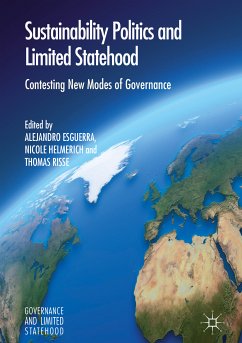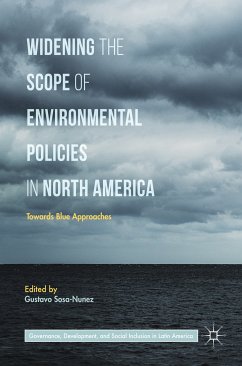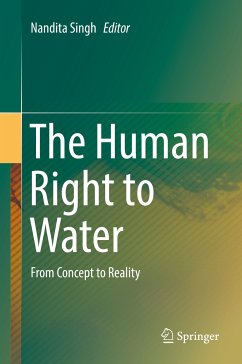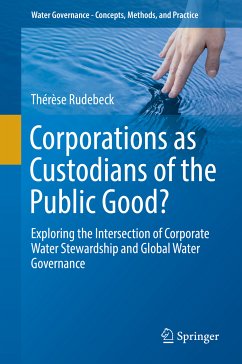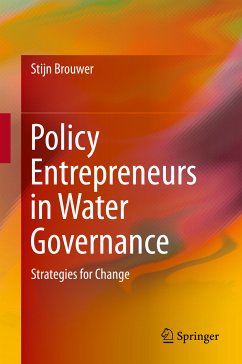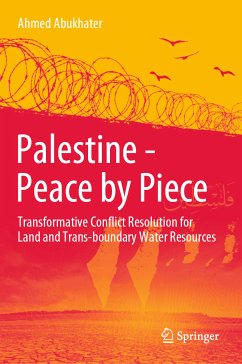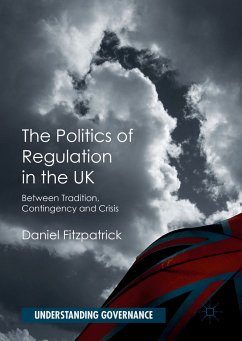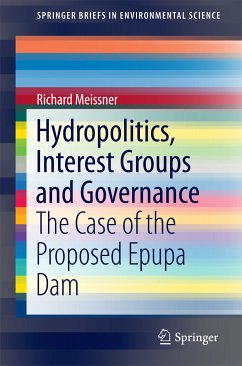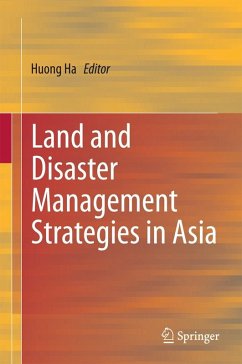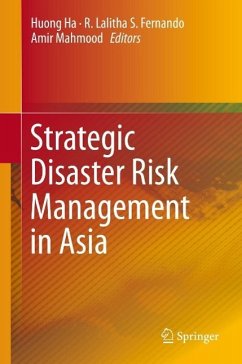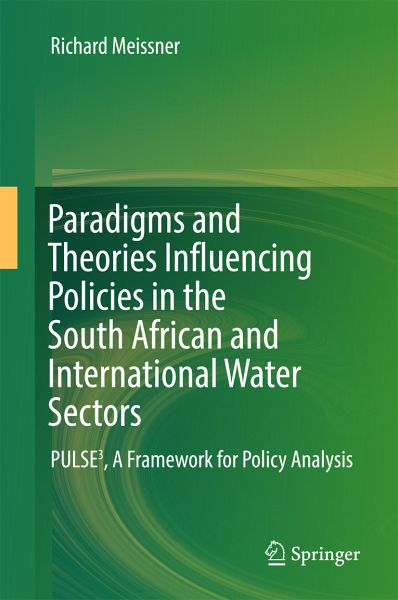
Paradigms and Theories Influencing Policies in the South African and International Water Sectors (eBook, PDF)
PULSE³, A Framework for Policy Analysis
Versandkostenfrei!
Sofort per Download lieferbar
72,95 €
inkl. MwSt.
Weitere Ausgaben:

PAYBACK Punkte
36 °P sammeln!
This book presents a new way of looking at and analyzing policies, programs and/or plans in which research scientists have used their knowledge to develop mechanisms such as South Africa's National Water Resource Strategy, Second Edition; Australian and South African climate change adaptation strategies for government entities and the UNDP's Water and Ocean Governance focus area. It critically assesses how science can be used in the service of society and how researchers and practitioners can bridge the gaps that arise as a result of incomplete thinking. Presenting a bird's-eye view of how thi...
This book presents a new way of looking at and analyzing policies, programs and/or plans in which research scientists have used their knowledge to develop mechanisms such as South Africa's National Water Resource Strategy, Second Edition; Australian and South African climate change adaptation strategies for government entities and the UNDP's Water and Ocean Governance focus area. It critically assesses how science can be used in the service of society and how researchers and practitioners can bridge the gaps that arise as a result of incomplete thinking. Presenting a bird's-eye view of how thinking and understanding operate in the policy context, it offers a valuable contribution to fields of inquiry such as research methods, comparative analyses, political science, international relations and the natural and social sciences in general. This book fills a market gap, providing real-world solutions to the practical application of science, paradigms and theories.
Dieser Download kann aus rechtlichen Gründen nur mit Rechnungsadresse in A, B, BG, CY, CZ, D, DK, EW, E, FIN, F, GR, HR, H, IRL, I, LT, L, LR, M, NL, PL, P, R, S, SLO, SK ausgeliefert werden.



